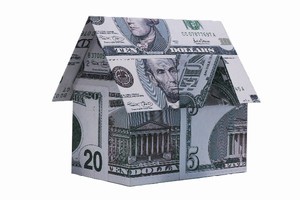News and Events
May 3, 2007

Housing in the New Economy
Housing In The
New Economy
By Broderick Perkins
![]()
Outpacing the flaccid, once technology-driven stock sector
as an investment tool, the more potent housing market has hammered home its
position as a cornerstone of the economy's foundation -- and it appears to have
much more staying power.
* About six in 10 homeowners have
more home equity than stock wealth. The percentage is higher among lower income
households, according to another study.
* Housing wealth accounts for 36
percent of the nation's tangible assets.
* Late last year, the home ownership
rate was 68 percent, but only 52 percent of households held stock.
* In 2001, the Federal Reserve
Board's Survey of Consumer Finances showed that the top 1 percent of stockholders
controlled 33.5 percent of stock, while the top 1 percent of homeowners
controlled 13 percent of home equity.








